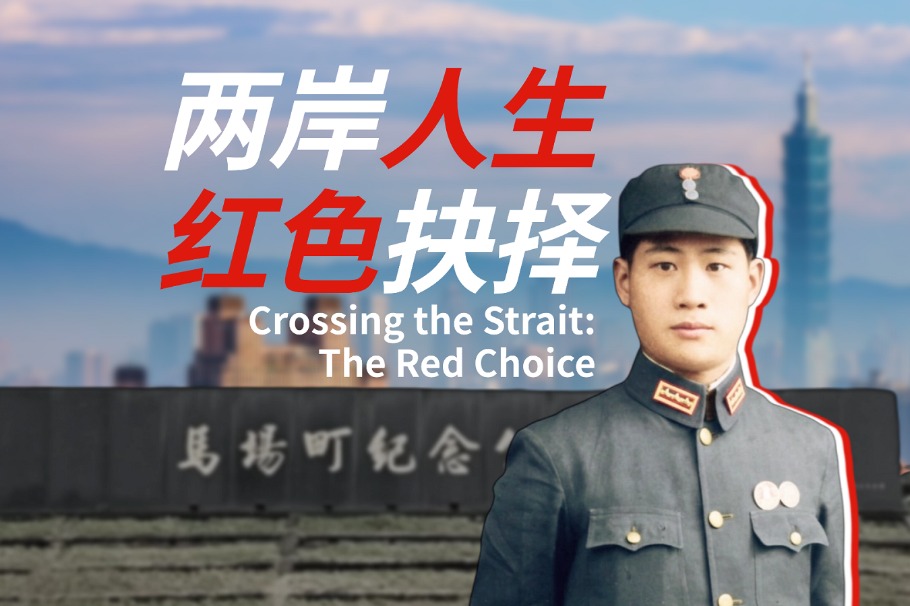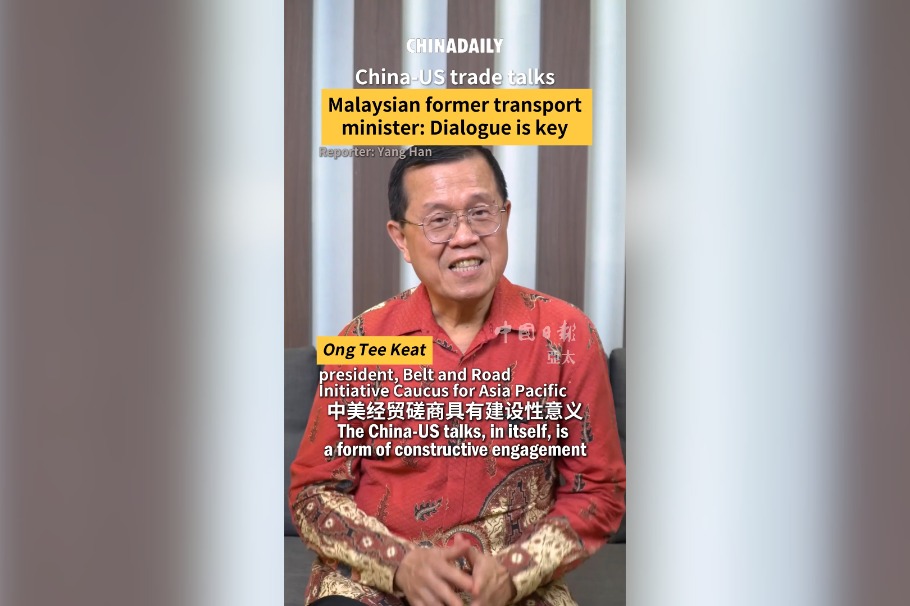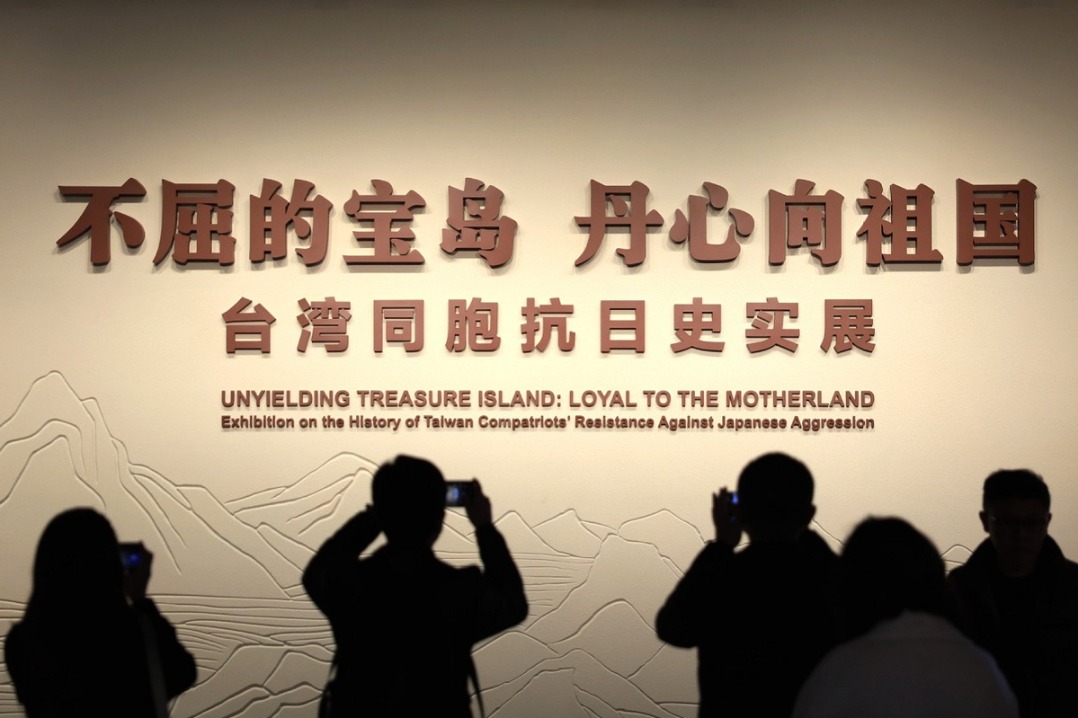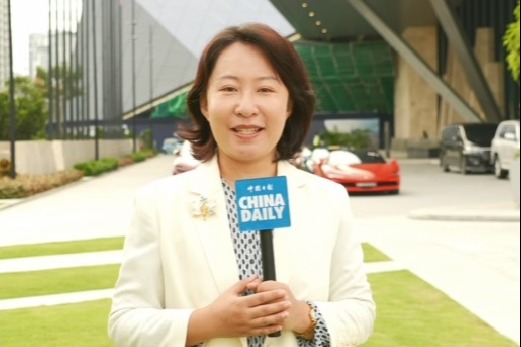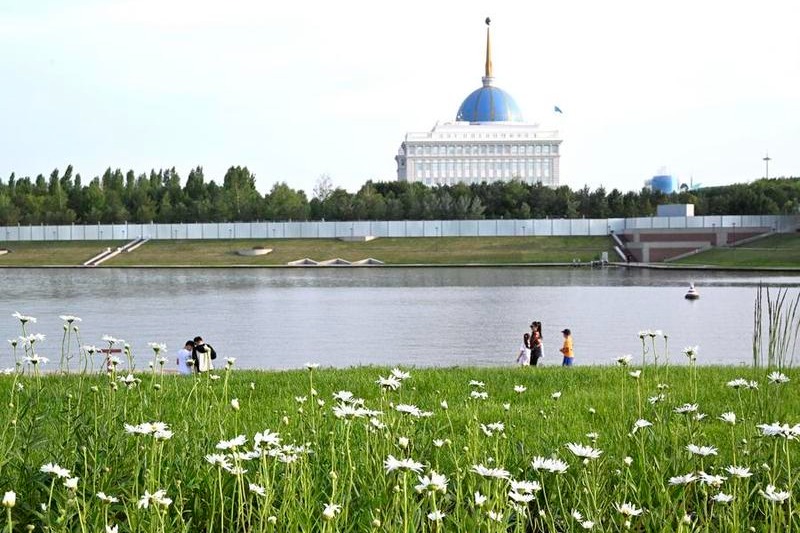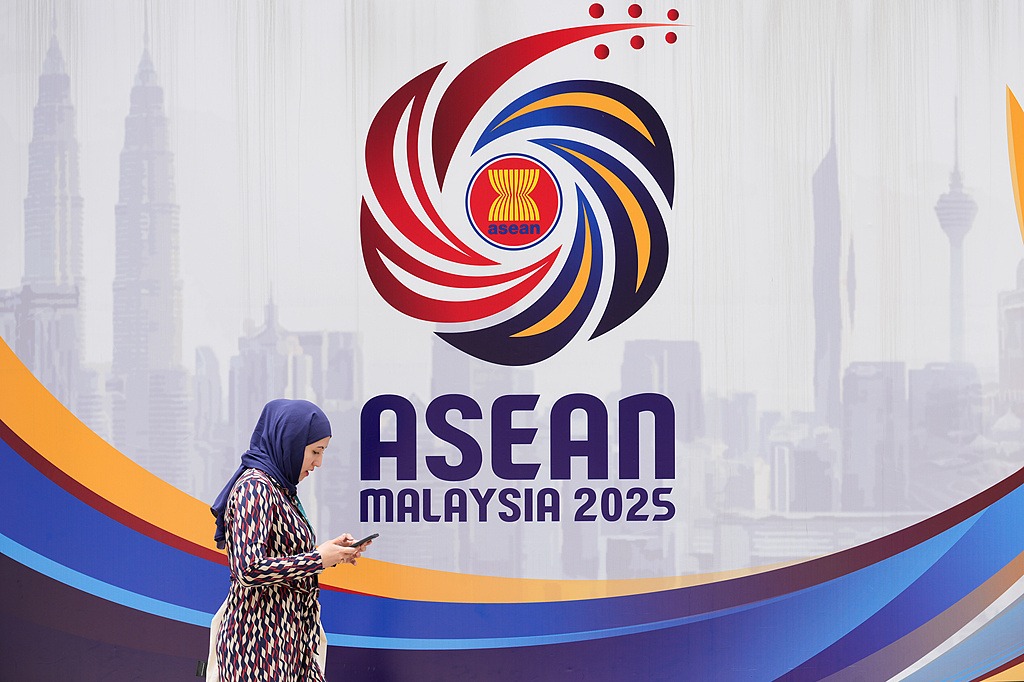Empowered alignment
Global Governance Initiative gives a dynamic boost to the China-Africa development partnership

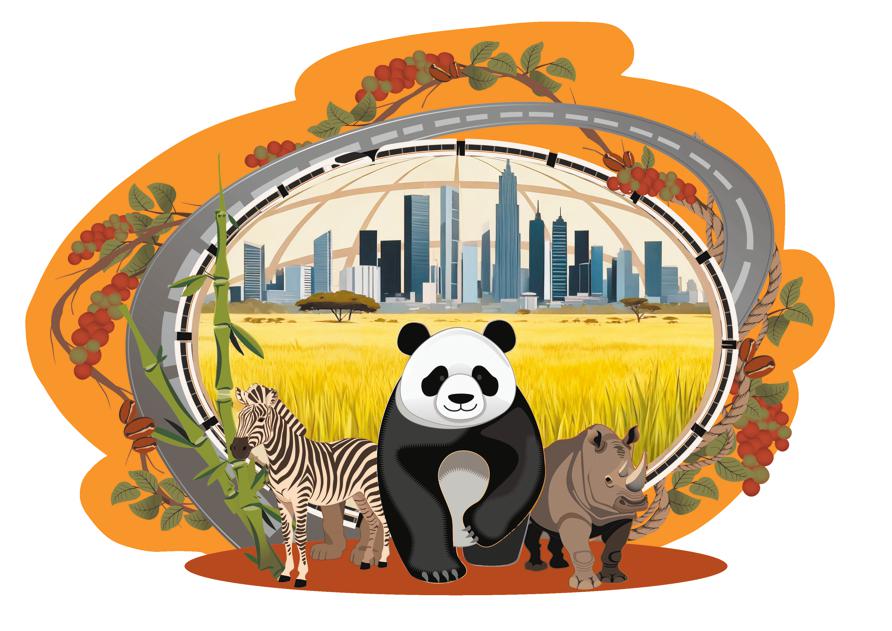
The world is currently besieged by the resurgence of the Cold War mentality, hegemonism and protectionism. The mounting challenges of the climate emergency, food insecurity and the perils of conflicts spill over. The Global Governance Initiative proposed by President Xi Jinping in early September, which calls for a system grounded in the principles of sovereign equality, adherence to international law, multilateralism, a people-centered approach and real results, is a timely response to the imperative for better global governance and a promising blueprint for a renewed global landscape.
As dynamic powers promoting the rise of the Global South, China and Africa have been offering a pragmatic foundation for a community with a shared future for humanity, working together with other Global South countries to help build a more equitable international system through their alignment.
China has been the largest trade partner of Africa for 16 consecutive years. Its preferential measures such as zero-tariff policy for goods imported from 53 African countries with which China maintains diplomatic ties are opening up new opportunities for African exporters, contributing to reducing trade structure imbalances that Africa has long been suffering from.
With more than 3,500 Chinese enterprises operating across the continent, the influx of Chinese investment and technology has reshaped Africa's development through the establishment of more than 20 industrial parks and the construction of highways and railways spanning more than 12,000 kilometers, spurring the continent's upgraded position in the global value chain.
Apart from being the first country that explicitly expressed its support for the African Union's membership in the G20, China also advocates giving more attention to African voices and concerns on various international cooperation platforms such as the Conference of the Parties to the United Nations Framework Convention on Climate Change, so as to help improve Africa's representation in the world arena.
Representing another major international public good contributed by China to the world, the Global Governance Initiative, together with the Global Development Initiative, the Global Security Initiative and the Global Civilization Initiative, effectively complements the matrix of China-Africa cooperation by consolidating the conceptual consensus and setting out the framework to address historical and ongoing challenges that Africa is contending with, constantly amplifying the contribution made by South-South cooperation to global governance.
First, the defining essence of the Global Governance Initiative is in line with Africa's vision of globalization. Respecting and advocating multilateralism is one of the most prominent features of Africa's development, which can be not only traced in Africa's traditional cultural values of respecting diversification and cooperation, but also reflected in its inspiring political ideology of Pan-Africanism that calls for the solidarity of all African countries.
Africa is a continent that has long suffered from colonial exploitation by the West. Its fundamental logic of contemporary development is to break the shackle of inequalities imposed by Western-centrism and participate in globalization as an equal partner. Upholding dialogue and consultation on the basis of equality and mutual respect has crystallized multilateralism as the entry point and basic stance of Africa's engagement in world affairs.
For example, in Our Common Agenda Policy Brief 9: A New Agenda for Peace, published by the UN Secretary-General in 2023, the AU was the only regional body explicitly mentioned, highlighting Africa's firm commitment and dedication to the principles of solidarity, mutual trust and universality in global peace cooperation. Africa's call for mutual respect and cooperation is also vividly embodied in the AU's 2025 call for "Justice for Africans and People of African Descent through Reparations", which marks a major step for the continent to institutionalize reparatory justice and racial healing through equal and reciprocal international cooperation in order to address the sufferings of African people stemming from the enduring exploitation of West in the unreasonable international political and economic order.
By echoing the fundamental principles of the UN Charter, the ideas of openness, mutual respect and cooperation of Global Governance Initiative resonate with Africa's aspiration of networked multilateralism, and highlight the significance that China continues to strengthen its ties with Africa under the Forum on China-Africa Cooperation, the largest and most successful South-South multilateral cooperation mechanism in the world, and engage in Africa's endeavor to promote democratization and rationalization of international order in world multilateral institutions such as the UN and the G20.
Second, the conceptual advantage of the Global Governance Initiative contributes to addressing the practical frustrations of African countries. Guided by the grand vision for modernization and regional integration embodied in the AU's Agenda 2063, Africa has now sparked a new wave of independent exploration toward inclusive and resilient development, with its primary task being the exploration of a feasible solution to neutralize the pressing challenges such as the impact of extreme weather and food crises.
In the AU's development outlooks such as the Climate Change and Resilient Development Strategy and Action Plan (2022-32) and the Comprehensive Africa Agriculture Development Programme Strategy and Action Plan (2026-35), the focal points are the technological, financial and intellectual empowerment of African countries through equal and inclusive international cooperation.
However, instead of actively engaging in African development strategies, the West is still addicted to seeking unequal benefits from Africa. The African Growth and Opportunity Act expiration, and the Green Deal and the Farm to Fork Strategy of the European Union have further exacerbated the unequal status of Africa, laying more barricades to Africa's development.
In comparison, by highlighting the concepts of people-centered orientation and real results, the Global Governance Initiative aims at delivering tangible benefits to all partners through open, equal and inclusive cooperation, perfectly translating the connotations of sincerity, real results, amity and good faith of China's relations with Africa into a practical approach. Under the FOCAC mechanism, China has systematically aligned the achievements of its modernization with Africa's efforts toward prosperity, sharing more affordable, efficient and advanced solutions with African countries and peoples in the process of jointly promoting the Belt and Road cooperation, empowering Africa to give full play to the advantage presented by the fourth industrial revolution. Motivated by 10 partnership action plans under the FOCAC framework, the comprehensive strategic partnership between China and Africa will embark on a new stage to benefit both peoples.
Looking forward, the joint implementation of the Global Governance Initiative on the basis of China-Africa partnership will catalyze the synergy of the upcoming 15th Five-Year Plan (2026-30) of China with Africa's ongoing explorations to put forward the Second Ten-Year Implementation Plan (2024-33) of Agenda 2063, generating more dividends to offset the global governance deficit, and injecting new impetus for the building of a community with a shared future for humanity.
The author is the deputy director of the Division of Security Studies at the China-Africa Institute. The author contributed this article to China Watch, a think tank powered by China Daily.
The views do not necessarily reflect those of China Daily.
Contact the editor at editor@chinawatch.cn.

















